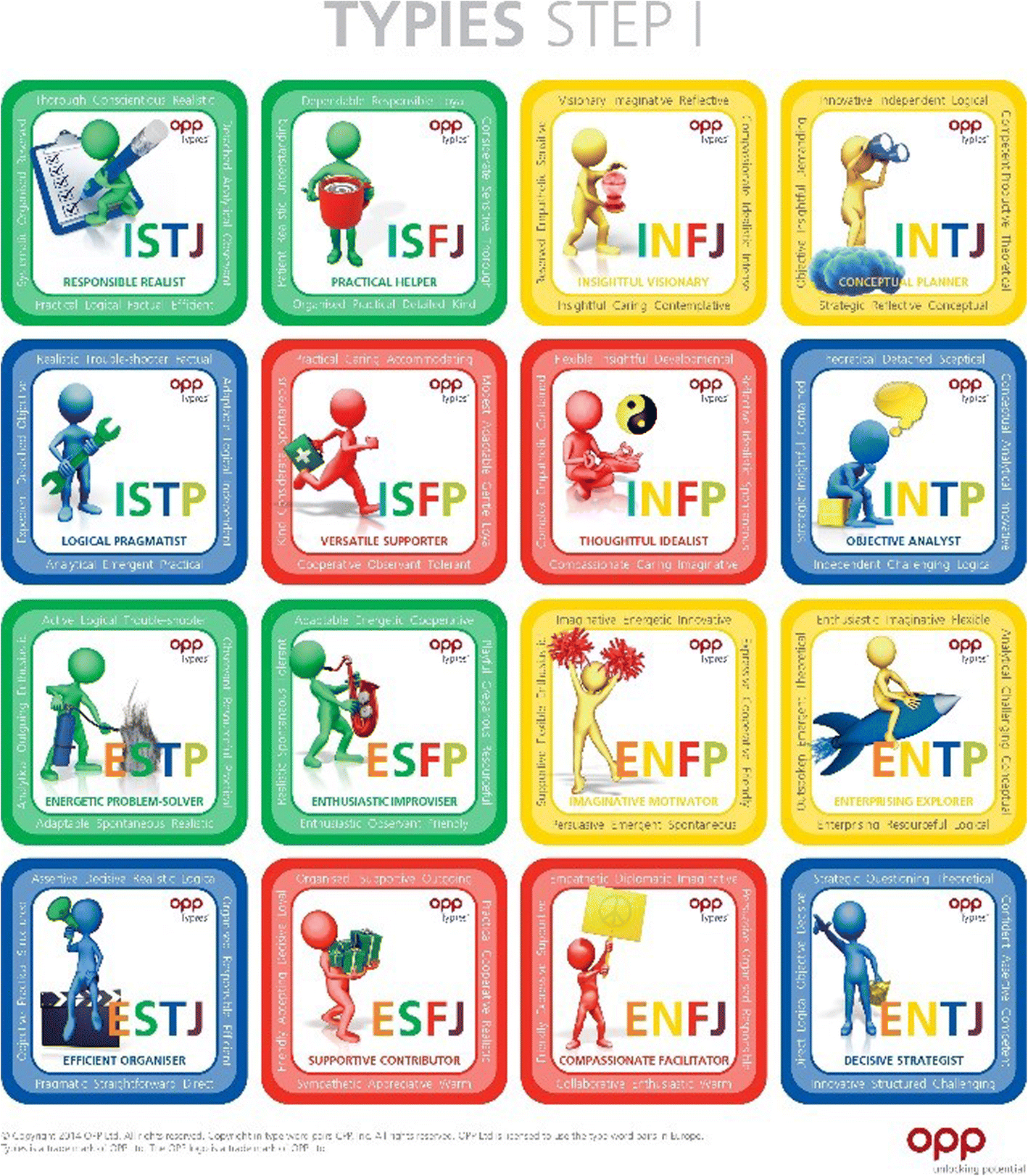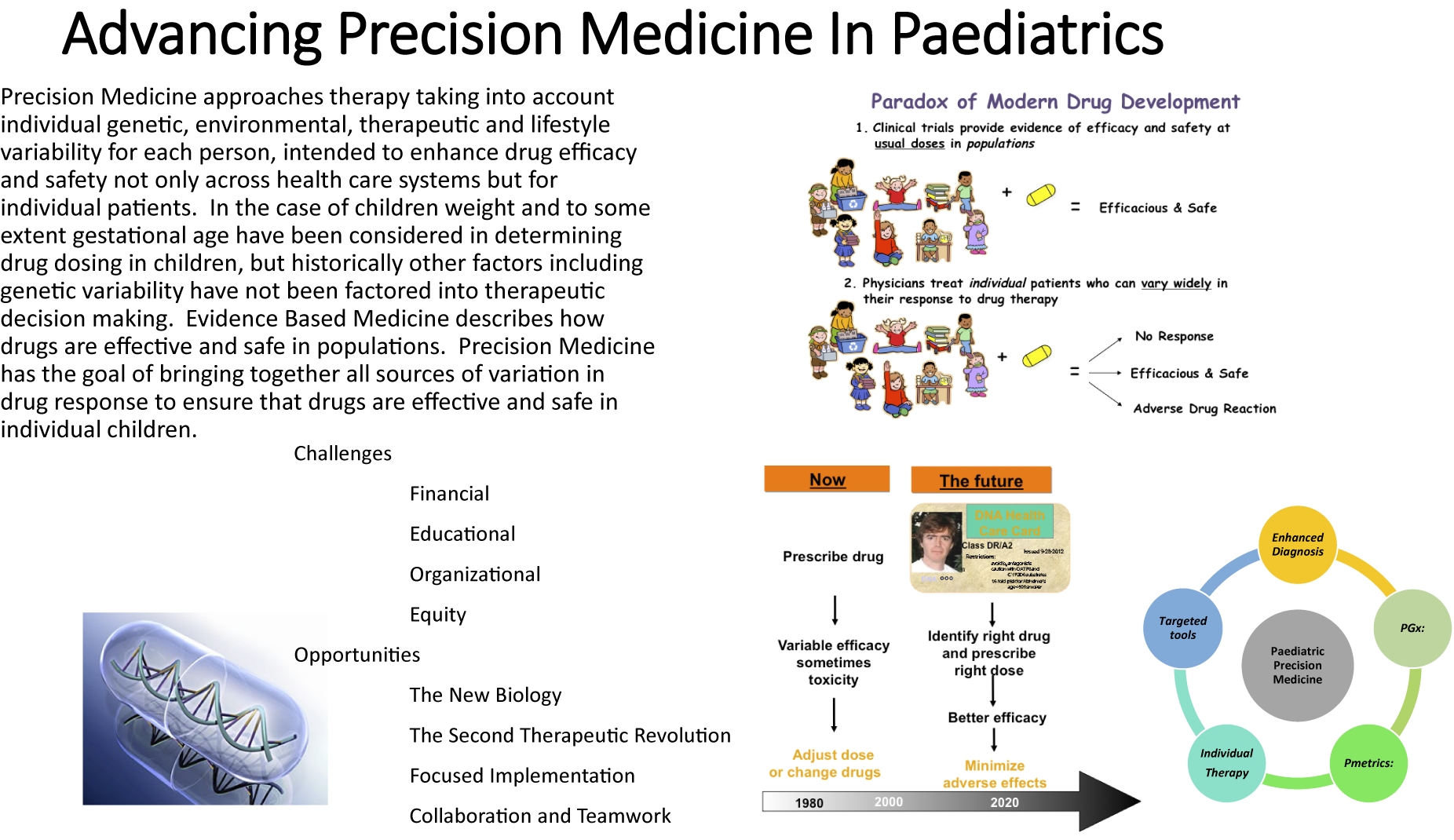Personality of Belgian physicians in a clinical leadership program, BMC Health Services Research
Por um escritor misterioso
Descrição
Background Physician and non-physician leadership development programs aim to improve organizational performance. Although a significant, positive relation between physicians’ leadership skills and patient outcomes, staff satisfaction and staff retention has been found, physicians are not formally trained in clinical leadership skills during their physician training. A lot of current healthcare leaders were chosen to take on leadership because of their productivity, published research, solid clinical skills, or because they were great educators, Heifetz RA. Leadership Without Easy Answers; 1994 although they often do not have the skills to build a team, resulting in dysfunctional teams and having to deal with conflicts and chaos. The first steps of a Clinical Leadership Program is to gain insight in one’s personality, one’s personal skills and one’s leadership growth potential, because this gives information on one’s natural leadership style. The aim of our research is to gain insight in the personality traits of healthcare professionals who are leading teams and to check (a) whether Belgian physicians with leadership ambition, share certain preferences, (b) whether physicians differ from other healthcare staff in terms of personality, (c) whether our sample of Belgian physicians differs from a population of physicians in the United States of America. Methods In-hospital physicians and non-physicians enrolled in a Clinical Leadership Program consented to participate. They explored their personal preferences across four dimensions, based on the Myers-Briggs Type Indicator (MBTI). Their most suitable MBTI profile was determined with a self-assessment and a complementary guidance of an MBTI-coach. Chi-squared tests and logistic regression were performed to check distributions across different MBTI-dimensions and to assess the relation with profession and location. Results Among participating physicians significantly more preferences for ‘Thinking’ then for ‘Feeling’ were found. Non-physicians were found to be significantly more ‘Sensing’ and ‘Judging’ compared with physicians. No significant differences were found between physicians from our (Belgian) and the USA dataset. Conclusion Preferences of physicians proved to be different from those of non-physicians. ‘ISTJ’ is the most frequent personality profile both in Belgian and USA physicians.

Strategies to overcome human health resource challenges (YEL2022) - IHF

Clinical Scholars: Effective Approaches to Leadership Development

Assessment of mental health of medical personnel during COVID-19: insights from Pakistan - ScienceDirect

Personality of Belgian physicians in a clinical leadership program, BMC Health Services Research

Journal of Evaluation in Clinical Practice, Health Services Research

PDF) Bridging research integrity and global health epidemiology (BRIDGE) guidelines: explanation and elaboration

PDF) Personality of Belgian physicians in a clinical leadership program

Healthcare delivery gaps in pain management within the first 3 months after discharge from inpatient noncardiac surgeries: a scoping review - British Journal of Anaesthesia

Associations of Disease-Modifying Therapies With COVID-19 Severity in Multiple Sclerosis

Roy F. Chemaly MD Anderson Cancer Center

Design and Implementation of a Physician Coaching Pilot to Promote Value-Based Referrals to Specialty Care

Advancing Precision Medicine in Paediatrics: Past, present and future, Cambridge Prisms: Precision Medicine

Virtual Reality Software Global Market Size, Share Report, Revenue Forecast 2032

Health Care and Government Policy - Health systems at the stage of complexity - Publicações do Cidehus

A survey of characteristics and current educational needs of hemophilia treatment centers within Asia Pacific - Research and Practice in Thrombosis and Haemostasis
de
por adulto (o preço varia de acordo com o tamanho do grupo)






